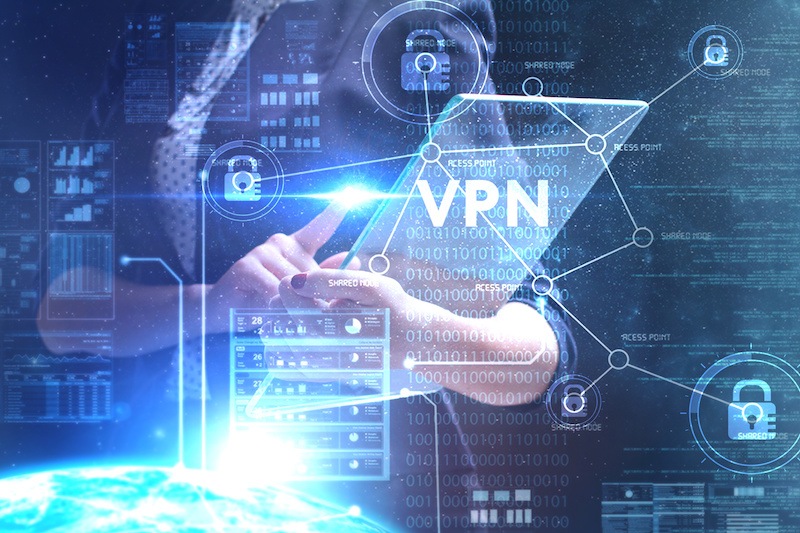The Essential Role of an Airport VPN in Safeguarding Your Personal Information
In an era where digital connectivity is omnipresent, the use of Virtual Private Networks VPNs has become indispensable, especially when navigating public Wi-Fi networks like those found in airports. These networks, while convenient, pose significant security risks to personal information due to their susceptibility to cyber threats. Understanding the role of an airport VPN in safeguarding your data is crucial for maintaining privacy and security.

Securing Data Transmission
Public Wi-Fi networks in airports are prime targets for hackers seeking to intercept data transmitted between devices and the internet. These networks are often inadequately secured, making it easy for cybercriminals to eavesdrop on communications and steal sensitive information such as login credentials, financial details, and personal data. A VPN establishes a secure, encrypted tunnel between your device and a remote server operated by the VPN service provider. This encryption prevents unauthorized access to your data, ensuring that even if intercepted, your information remains unreadable and protected.
Bypassing Geographical Restrictions
Aside from security benefits, VPNs offer the ability to bypass geographical restrictions imposed on certain websites and services. This feature is particularly useful for travelers who encounter restrictions on accessing content or services that are regionally restricted. By connecting to a VPN server located in a different region or country, users can appear as though they are browsing from that location, effectively circumventing these restrictions and accessing the content they need and see page.
Protecting Against Malicious Activities
Malicious activities such as phishing attacks and malware distribution are prevalent on public Wi-Fi networks. Hackers may set up fake Wi-Fi hotspots or inject malicious code into legitimate networks, posing serious risks to unsuspecting users. A VPN adds an extra layer of security by masking your IP address and location, making it difficult for attackers to target your device directly. This reduces the likelihood of falling victim to these malicious activities, thereby safeguarding your personal information and digital identity.
Ensuring Privacy and Anonymity
Privacy concerns have become increasingly prominent in the digital age, with individuals seeking ways to maintain anonymity online. A VPN aids in preserving privacy by masking your IP address and replacing it with that of the VPN server you are connected to. This prevents websites, advertisers, and even your internet service provider from tracking your online activities and location. For travelers concerned about their privacy while accessing public Wi-Fi in airports, using a VPN offers peace of mind knowing that their browsing habits remain confidential.
Choosing the Right VPN
When selecting a VPN for use in airports or any public Wi-Fi environment, it is essential to consider factors such as encryption strength, server locations, and the reputation of the VPN provider. Opt for VPN services that offer robust encryption protocols like AES-256, multiple server locations worldwide to bypass restrictions effectively, and a strict no-logs policy to ensure that your online activities are not recorded or monitored.
The importance of using a VPN in airports cannot be overstated. Beyond providing security against cyber threats, a VPN enhances privacy, bypasses geographical restrictions, and protects users from malicious activities prevalent in public Wi-Fi networks. By incorporating a VPN into your digital toolkit, you can confidently navigate the digital landscape while safeguarding your personal information and enjoying unrestricted access to the internet.